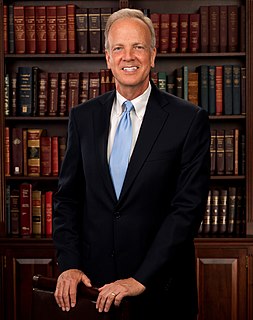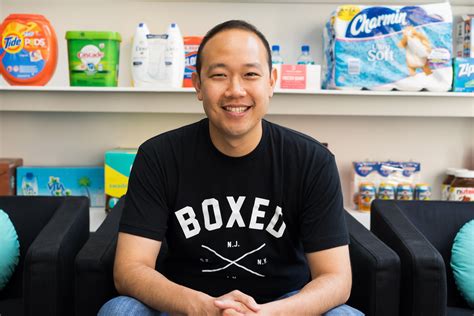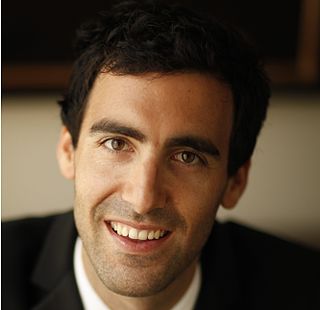A Quote by Peter Thiel
Forget startup companies. The next frontier is startup countries.
Related Quotes
For a long time, I've ranted against naming your startup community 'Silicon Whatever.' Instead, I believe every startup community already has a name. The Boulder startup community is called Boulder. The L.A. startup community is called L.A. The Washington D.C. startup community is called Washington D.C.
I've been very fortunate to be at the startup of a lot of different things. I was the startup of the Pancrase organization in Japan. Became a big figure over there. Then I was in the UFC and was at the startup of that, and I was a big figure in that. Twice. Not only in the beginning but also when it was taken over.
































